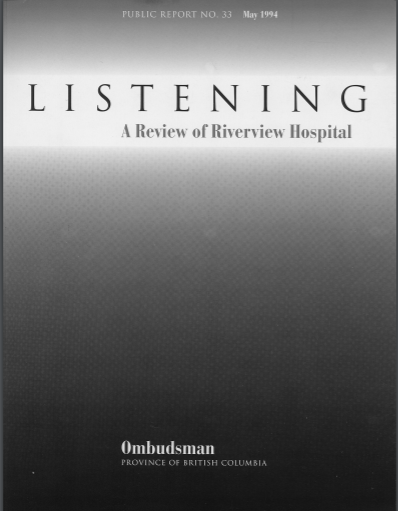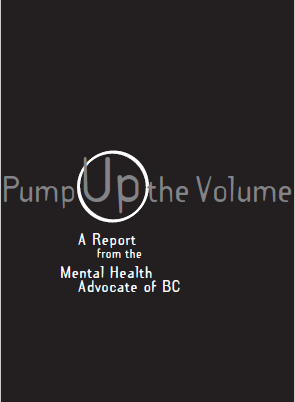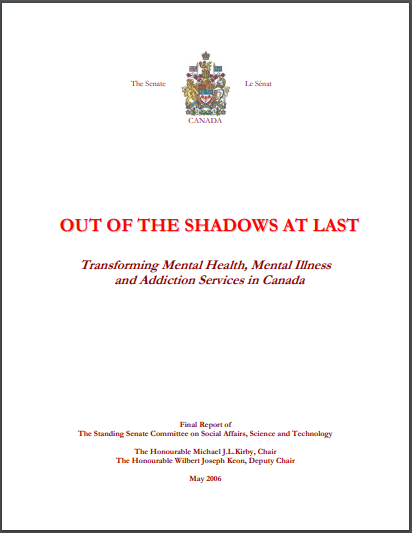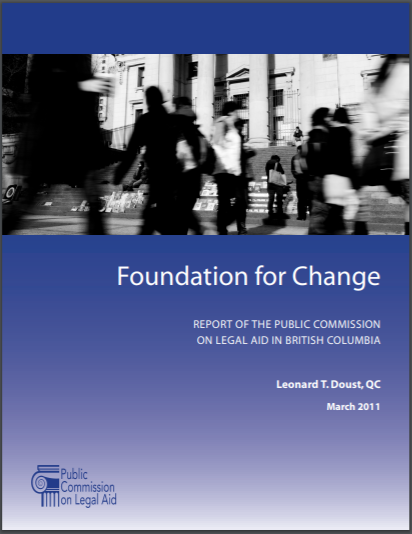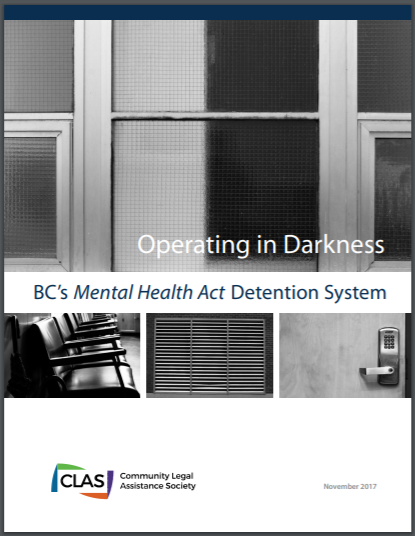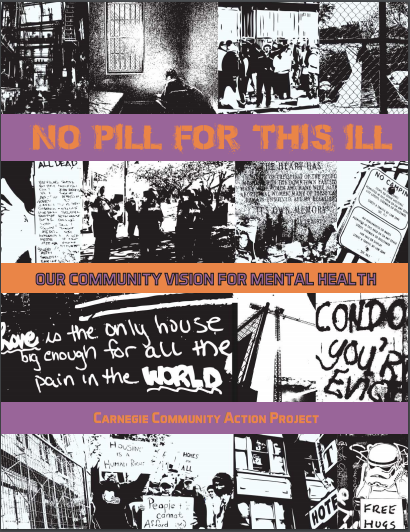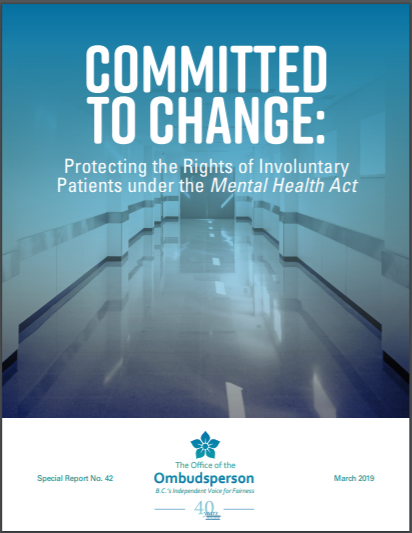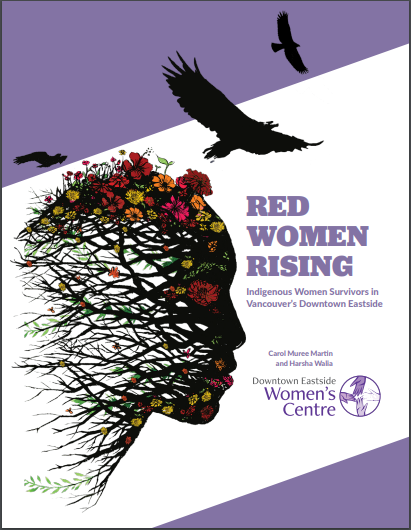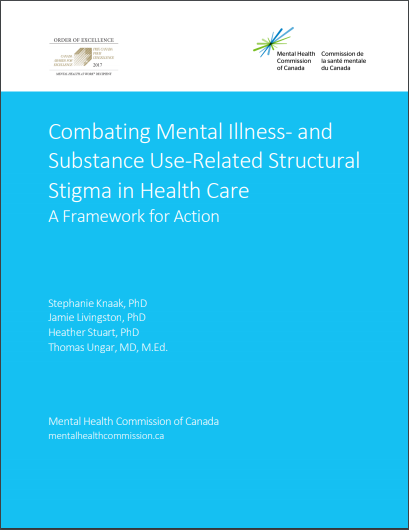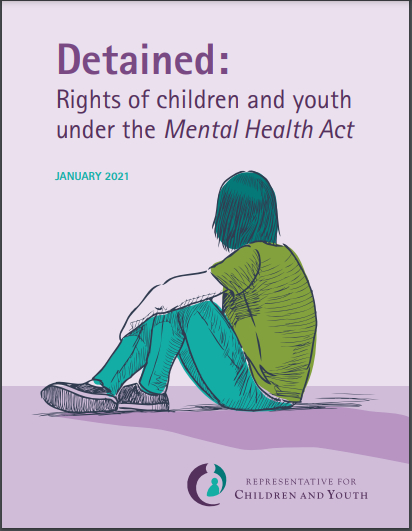
Timeline of Mental Health Law and Legal Services in BC
Timeline Navigation
Scroll through the timeline or click one of the buttons below to jump to a certain period of time.
1964
Mental Health Act is passed
The Mental Health Act, 1964 is passed, which permits involuntary admission and detention of "mentally disordered persons", "mentally retarded persons", and people "suitable for care and treatment as an alcohol addict". Many aspects of the 1964 legislation are still in the Mental Health Act today, including an involuntary admission process based on certificates and the authority for facility staff to subject every patient detained in the mental health facility to "direction and discipline".
1989
Patient Rights Advisor Project
An 11-week pilot project, The Patient Rights Advisor Project, was conducted at Riverview Hospital as a cooperative initiative to provide the approximately 850 patients with legal advice about what being detained under the Mental Health Act means and how to exercise their legal rights.
1991
Voices of Experience
The report Voices of Experience: Thoughts about BC’s mental health law from those who have directly experienced it, prepared for West Coast Mental Health Network by Bill Trott & Peter O’Laughlin (Sep 1991) documents the perspectives of people with lived experience of BC's Mental Health Act. Among other things, the participants expressed significant concerns about negative experiences of restraint and seclusion and voiced unanimous support for legal advice and representation services for all involuntary patients.
1991
Legal Advice Services Expand
Legal Services Society funds a pilot project to provide legal advice at 6 specific hospitals in the Lower Mainland: Vancouver General Hospital, UBC Hospital, St. Paul’s Hospital, Shaughnessy Hospital, Riverview Hospital, and Forensic Psychiatric Hospital. The facilities worked cooperatively with the legal advice service to ensure involuntary patients got access to legal advice.
1992
Evaluation of Legal Advice Services
Legal Services Society contracts with the United Way to conduct an independent evaluation of the legal advice service, published as United Way Research Services, Evaluation of the CLAS Mental Health Law Program Rights Advisor and Paralegal Advocate Pilot Project, Final Report (June 1992). The report highlights the need for an independent legal advice service, but identified the inherent limitation of a service that had no legislative mandate. The absence of this protective imperative meant “the program operates at the pleasure of the cooperating hospitals. That made it essential to negotiate the limits of the program and how it would interact with hospital staff.”
1994
Listening: A Review of Riverview Hospital
The Ombudsperson’s investigation into Riverview Hospital is published as Public Report No. 33, Listening: A Review of Riverview Hospital (May 1994), which recommended expanding the independent legal advice service to all involuntary patients in the province and creating an independent provincial mental health advocate. Included in the report is the Charter of Patients Rights, developed by psychiatric patients to "emphasize the rights of the patient rather than administrative / organizational convenience, and aim to avoid a system of control that may become dehumanizing."
1996
Mental Health Organizations Advocate for Health Care Consent Rights
The Canadian Mental Health Association releases its position, Informed Consent to Treatment, stating that people receiving mental health care deserve the full range of informed choices surrounding the best possible care, including the right to control and refuse mental health treatment and make legal plans to express wishes through advance directives and appoint loved ones as decision-makers to help make mental health treatment decisions during times of crisis.
1998
Amendments to the Mental Health Act
The Mental Health Act is amended to expand the criteria for involuntary admission and reduce the safeguards required for detention, such as the requirements for independence between the two certifying physicians. The role of the independent legal advice service for detainees is not added to the Mental Health Act and some facilities begin choosing to discontinue the service.
1998
Provincial Mental Health Advocate Office Created
The government creates an independent Provincial Mental Health Advocate Office and appoints Nancy Hall to the Office. In its first report, the Office documents concerns expressed by people who experienced involuntary treatment and detention without being given basic advice about their rights and being treated "in a less than dignified manner. For example, being forcibly medicated or restrained or held in a locked room with clothes or washroom facilities."
“I was put in solitary with no lights, no food, no shower. I was given wrong meds and treated abusively. Why should mentally ill people be locked in solitary while in Emergency?"
~someone with experience of detention and involuntary treatment quoted in Pump up the Volume: A Report from the Mental Health Advocate of BC (1999/2000)
2000
Representation Agreements Come into Force in BC
When the Representation Agreement Act comes into force, adults in BC are enabled to make a representation agreement to appoint the people they trust to help them with decisions when they are in a health crisis. An override in the Representation Agreement Act and Mental Health Act denies involuntary mental health patients the right to make representation agreements for psychiatric treatment decisions, excluding families and loved ones from psychiatric treatment decisions.
2001
Provincial Mental Health Advocate Office Eliminated
Following a change in government, the independent Provincial Mental Health Advocate Office is eliminated, despite independent evaluations that concluded the Office should be retained.
"While I respect the fact that government has made a decision, obviously it is not a decision that I agree with, having spent the past 3 years assisting individuals who have a demonstrated difficulty in being treated respectfully in 'normal' procedural channels and who have, in many cases, a deep distrust of government."
~ Nancy Hall, November 23, 2001
2001
Cuts to Legal Aid
Cuts to legal aid funding eliminates all funding for legal advice services for Mental Health Act detainees and all facilities but Riverview and the Forensic Psychiatric Hospital discontinue legal advice services. The increasing number of Mental Health Act detentions results in several detainees entitled to legal aid services being denied representation from the Mental Health Law Program.
2006
Out of the Shadows at Last
In the report Out of the Shadows at Last: Transforming Mental Health, Mental Illness and Addiction Services in Canada (May 2006), the Standing Senate Committee on Social Affairs, Science and Technology expresses concern at provinces and territories in Canada that have excluded or failed to enable people with mental health issues to make legal documents to plan for a time of crisis. The Committee recommends that all provinces and territories empower people through legislation to appoint substitute decision makers and to give advance directives. The Committee further recommends that any legislation that has the effect of barring persons from giving advance directives regarding mental health treatment decisions be repealed.
"The Representation Agreement Act of British Columbia provides for those, but explicitly excludes people with mental illness. If that right were granted to people with mental illness, they could appoint someone ahead of time to make decisions for them when they are not capable of doing so."
~ Ron Carten, someone with direct experience of mental illness
2010
Canada Ratifies Convention on the Rights of Persons with Disabilities
Canada ratifies the United Nations Convention on the Rights of Persons with Disabilities ("CRPD").
“The CRPD is not simply another well-intentioned declaration without any teeth. It requires the Government of Canada to act and monitor progress in achieving the commitments of the treaty. Canada’s actions to create a more accessible and inclusive society will be the subject of both domestic and international scrutiny.”
~ Marie White, National Chairperson of the Council of Canadians with Disabilities
2011
Foundation for Change
The increasing number of Mental Health Act detentions and legal aid funding freezes means there is an ever increasing number of mental health detainees being denied legal representation at Mental Health Review Board hearings. In the report Foundation for Change: Report of the Public Commission on Legal Aid in British Columbia (Mar 2011), Leonard T. Doust, Q.C. condemned the increasing shortfall in legal aid funding for representation at Mental Health Review Board hearings as a “profound violation of the rights of one of the most vulnerable segments of our community”, citing a submission that detainees “are at a significant and inhumane disadvantage when trying to present their cases for de-certification versus powerful, educated and skilled professionals, usually their own psychiatrists and other health care professionals.”
2011
Advance Directives Come into Force in BC
When amendments to the Health Care (Consent) and Care Facility (Admission) Act come into force, adults in BC can make an advance directive to express wishes to be followed by health care providers when they are in a health crisis and may not be able to make decisions for themselves. Legislative overrides deny involuntary patients the right to make advance directives for psychiatric treatment decisions, preventing planning for a time of mental health crisis.
2012
Riverview Closes
After extensive closure plans that had been underway since the 1980s, the final inpatients at Riverview Hospital are transferred to other facilities and Riverview closes. This makes the Forensic Psychiatric Hospital the only remaining location in BC that continues to provide an independent legal advice service for detainees.
2014
Access Pro-Bono Tries to Close the Gap
Access Pro-Bono establishes a service to mitigate the significant shortfall in legal representation at Mental Health Review Board hearings with volunteers who provide legal representation at no charge to individuals who were denied representation. In the 2015/2016 fiscal year, detainees who were entitled to legal aid were refused representation 639 times.
2016
Constitutional Challenge to Legal Aid Denial
The BC Public Interest Advocacy Centre and pro-bono private bar lawyers file a constitutional challenge on behalf of a woman who had been denied legal representation at a Mental Health Review Board hearing in Z.B. v British Columbia (Attorney General), Notice of Civil Claim, Vancouver Registry, No. S-167325 (B.C.S.C.). The BC Attorney General settled the constitutional challenge by increasing the legal aid funding to provide legal representation to all detainees eligible for legal aid.
2017
Operating in Darkness
The report Operating in Darkness: BC's Mental Health Act Detention System (Nov 2017) is published, documenting significant human rights violations of detainees. The report makes numerous recommendations for reform to the Mental Health Act, including establishing a legislative mandate for independent legal advice services for detainees.
2018
No Pill for this Ill
The Carnegie Community Action Project publishes No Pill for this Ill: Our Community Vision for Mental Health (Apr 2018) to document community based discussions on the escalating numbers of police apprehensions under the Mental Health Act and the impact of poverty, homelessness and inadequate housing conditions on people’s wellbeing and mental health. Some community members report that being apprehended and institutionalized helped their mental health get better, but many more report the apprehension made their mental health worse.
"Taken together, the experience worsened my mental health. I felt traumatized by my stay there, and I didn’t receive any support in getting into treatment or getting housing. I feel like the money it cost to assess my mental health could have been better used." ~ Voices from the community: Daniel
2019
Committed to Change
The Ombudsperson publishes Special Report No. 42, Committed to Change: Protecting the Rights of Involuntary Patients under the Mental Health Act (Mar 2019), documenting significant non-compliance with the requirements of the Mental Health Act. It makes numerous recommendations for improving compliance and recommends establishing independent legal advice services for detainees. The Attorney General commits to establishing a service to provide all involuntary patients independent legal advice upon detention.
2019
Red Women Rising
The Downtown Eastside Women's Centre publishes Red Women Rising: Indigenous Women Survivors in Vancouver's Downtown Eastside (Apr 2019), making significant recommendations on how to remedy the causes of and institutional responses to violence against Indigenous women in the downtown eastside. Among the recommendations are calls to replace the deemed consent provisions of the Mental Health Act and related laws with a legislative mechanism that respects patient autonomy and allows the patient to include trusted family members and friends in their treatment and to create legislative standards regulating the use of isolation and physical, mechanical, environmental, and chemical restraints against mental health patients to ensure compliance with Charter rights.
2019
UN Special Rapporteur Finds Non-compliance
The United Nations Special Rapporteur on the rights of persons with disabilities inspects Canada and singles out the BC Mental Health Act as non-compliant with the UN CRPD in the End of Mission Statement by the United Nations Special Rapporteur on the rights of persons with disabilities, Ms. Catalina Devandas-Aguilar, on her visit to Canada.
2020
Combating Mental Illness and Substance Use-Related Structural Stigma in Health Care
The Mental Health Commission of Canada publishes Combating Mental Illness and Substance Use-Related Structural Stigma in Health Care: A Framework for Action (2020), documenting the importance of enhancing and enforcing legislative protections, developing metrics to measure access, quality of care, and other outcomes, and meaningful involvement of people with lived and living experience in creating equitable, integrated, and recovery-oriented models of mental health care.
2020
In Plain Sight
The report In Plain Sight: Addressing Indigenous-specific Racism and Discrimination in B.C. Health Care (Nov 2020) is published, documenting serious systemic racism against Indigenous people, including examples of discriminatory applications and impacts of the Mental Health Act. The report highlights the experience of a woman who had been detained under the Mental Health Act when she went to hospital for a COVID-19 test, who stated, “l do not want to be treated like pieces of garbage when I go to get help."
2021
Detained: Rights of Children and Youth under the Mental Health Act
The Representative for Children and Youth publishes Detained: Rights of Children and Youth under the Mental Health Act (Jan 2021), documenting a 162% increase in mental health detention rates of children and youth between 2008/09 and 2017/18. The Representative makes numerous recommendations to reform the Act to better protect children and youth from prolonged unreviewed detention and the harmful impacts of restraints and seclusion, among other necessary improvements.
2022
Transforming Policing and Community Safety in British Columbia
On April 28, 2022 a Special Committee appointed by the British Columbia Legislative Assembly publishes its report Transforming Policing and Community Safety in British Columbia. The report recognizes that a review of the Mental Health Act is urgently required and recommends immediately appointing an all-party parliamentary committee to “undertake a broad review of the Mental Health Act with a view to modernizing the Act and ensuring it aligns with the recommendations in this report.”
2022
Mental Health Act Amended to Create Independent Rights Advice
On June 2, 2022 amendments to the BC Mental Health Act are made to lay the foundation for creating an independent rights advice service for people when they are detained and receiving involuntary treatment.
Bill 23 can be viewed here, or for an accessible summary click here.
2022
Investigative Update: Committed to Change
BC’s Ombudsperson publishes a Systemic Investigation Update that finds only one-third of recommendations from the 2019 report, Committed to Change, have been fully implemented and that there is still widespread non-compliance with the basic legal requirements of the Mental Health Act.
2022
Closing Gaps, Reducing Barriers
On November 1, 2022 the Select Standing Committee on Health for the Third Session of the 42nd Parliament publishes its report Closing Gaps, Reducing Barriers: Expanding the response to the toxic drug and overdose crisis. The report makes several important findings and on the urgent and ongoing illicit drug toxicity and overdose crisis, including that “the Mental Health Act is outdated and urgently requires a comprehensive review.” Among other recommendations, the report recommends that government initiate a comprehensive review of the Mental Health Act with public input within six months of this report’s release.

